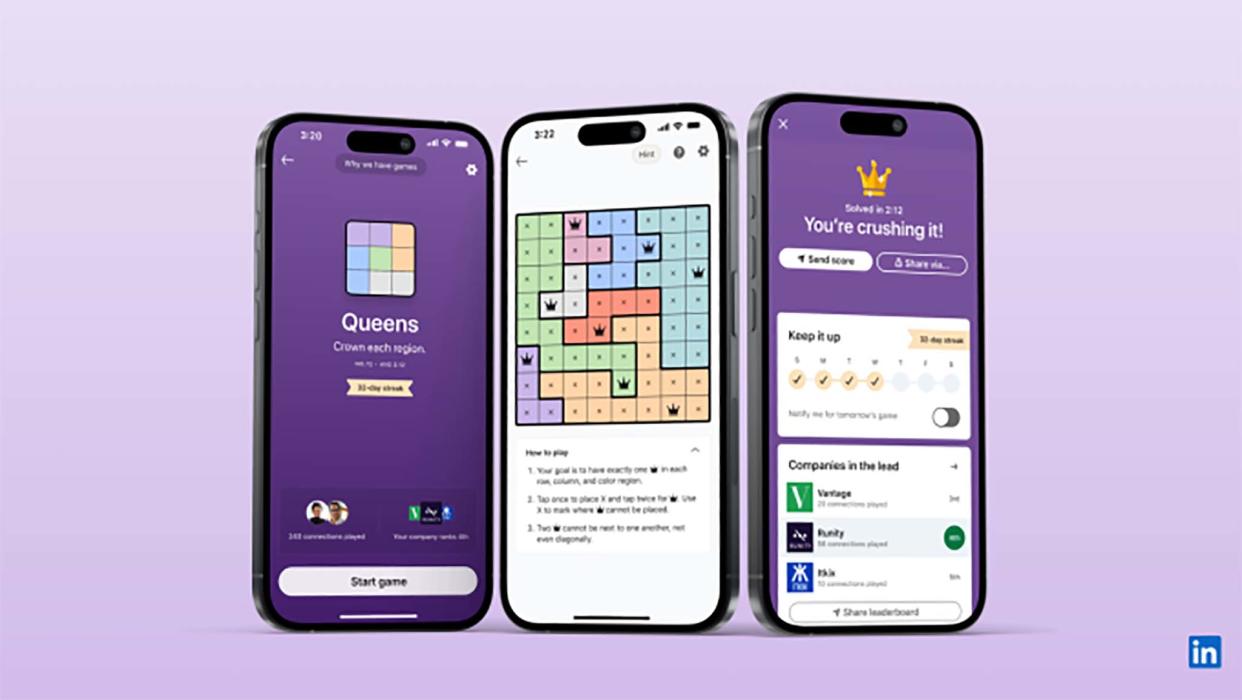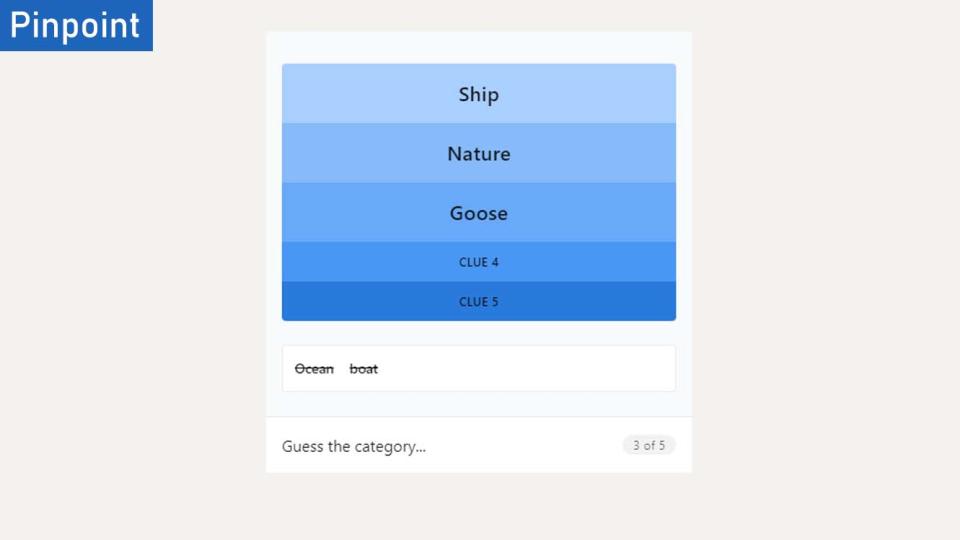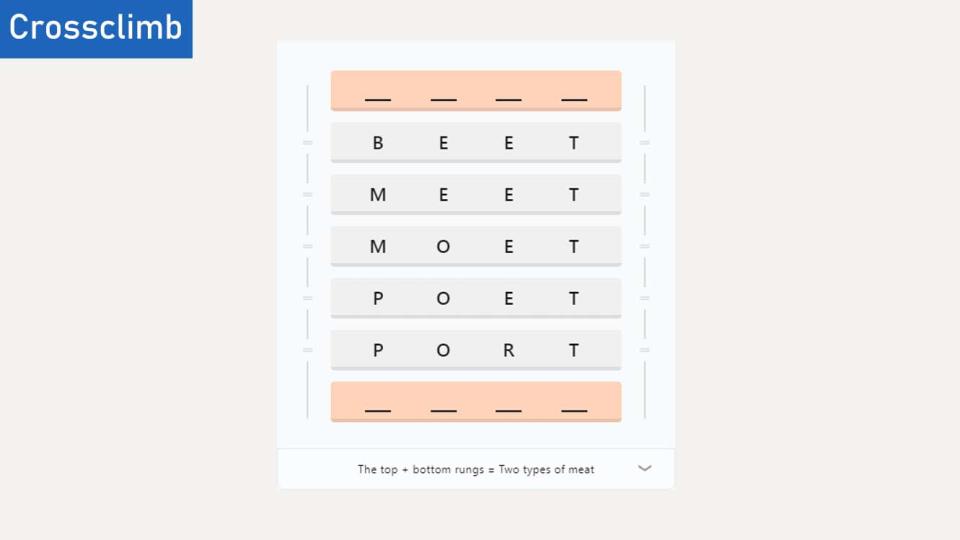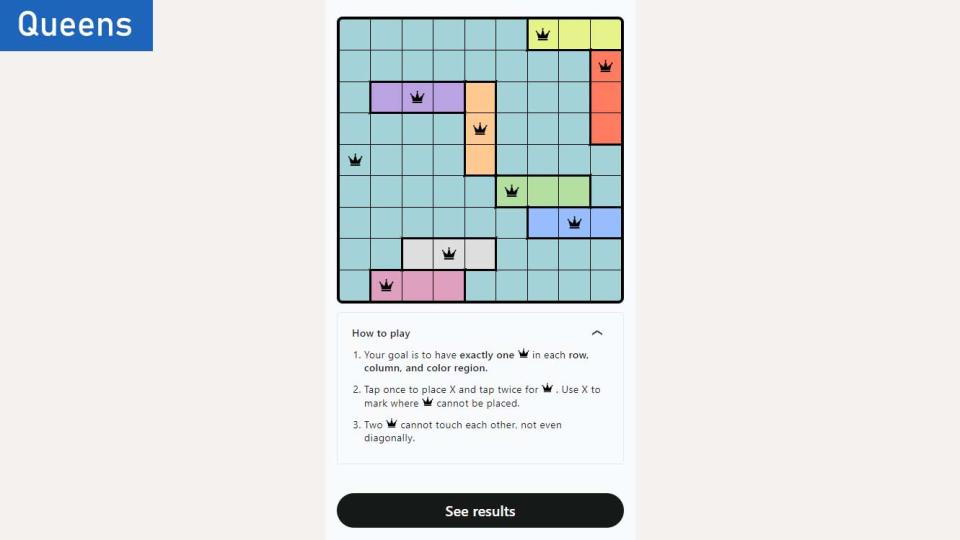LinkedIn now has three free games but none of them will help you get a job, virtual or real-world

What you need to know
LinkedIn now offers three puzzle games for users to play on either mobile or desktop.
These games are called Pinpoint, Crossclimb, and Queens.
LinkedIn Editor-in-Chief and Vice President Daniel Roth says these are "once-per-day, fast, thinking-oriented games."
Once-per-day games are contributing to website engagement, which is why companies like LinkedIn are incorporating them.
Yes, you read that correctly. LinkedIn is now offering three free games — Pinpoint, Crossclimb, and Queens — for people to play on desktop or mobile (thanks, The Verge). These games don't have anything to do with work skills and they aren't life sims that allow you to get a pretend, virtual job, either.
In a post on LinkedIn, Editor-in-Chief and Vice President Daniel Roth explained these are a "suite of once-per-day, fast, thinking-oriented games." He went on to explain that you can play these games each morning and then check the leaderboards to see how you stack against other players.



So what's the goal in each of these LinkedIn games, anyway? Here's a quick rundown:
Pinpoint: This is a word association game where you get five attempts to guess what word is associated with the words left as clues. Each time you fail, a new word gets revealed as a hint.
Crossclimb: You start off with five lines where each line has a trivia question that shows up at the bottom of the screen. You first need to fill in the correct word for each line and then rearrange the lines so that each word is only one letter different from the one above and below. Then you need to guess the words that go in the top orange and bottom orange lines.
Queens: Finally, this is a simple sudoku-like puzzle game where you need to place a Queen's crown on each color. However, you can only have one crown per line and crowns cannot be placed next to each other horizontally, vertically, or diagonally.
I played all three of these games to see what they are like. What I discovered is that they are all simple, "once-per-day" puzzle games — in a similar vein to Wordle. In other words, they are intended to make you think without being too stressful. Additionally, they're meant to give you that Wordle buzz that keeps you coming back each day for more.
Why does LinkedIn have puzzle games now?
So, why is LinkedIn suddenly offering three free puzzle games? An official video seems to market the games as a way to break up the stressful workday with a form of entertainment that doesn't take too long and thus doesn't distract from your job too much. However, the reason these games exist is more strategic than that. To really understand why LinkedIn now offers games, you've got to take a look at Wordle and the impact it's had on The New York Times.
Our Top Gaming Recommendations

• Best Xbox / PC headsets in 2024
• Best upcoming Xbox / PC games
• Best Xbox controllers
• Best Xbox accessories
• Best small gaming PCs
• Best gaming laptops in 2024
• Best gaming handhelds 2024
As a refresher, Wordle became a household name in 2021 when its creator, Josh Wardle, made it public for family and friends to play. It then unexpectedly gained a massive recurring player base that was far larger than what Wardle expected for it. Eventually in 2022, The New York Times acquired the word puzzle game. The New York Times Head of Games Jonathan Knight has even explained in an interview with Digiday that Wordle has helped keep readers engaged while also enticing more people to its site and its subscriptions. “If you’re a subscriber," said Knight, "and on any given week, you engage with both news and games, the likelihood that you’re going to retain [your subscription] over a long period of time is much higher.”
Ever since then, other publications have also started adding free games to their sites in order to encourage daily engagement and the potential of selling subscriptions. LinkedIn is just the latest website to follow suit.

